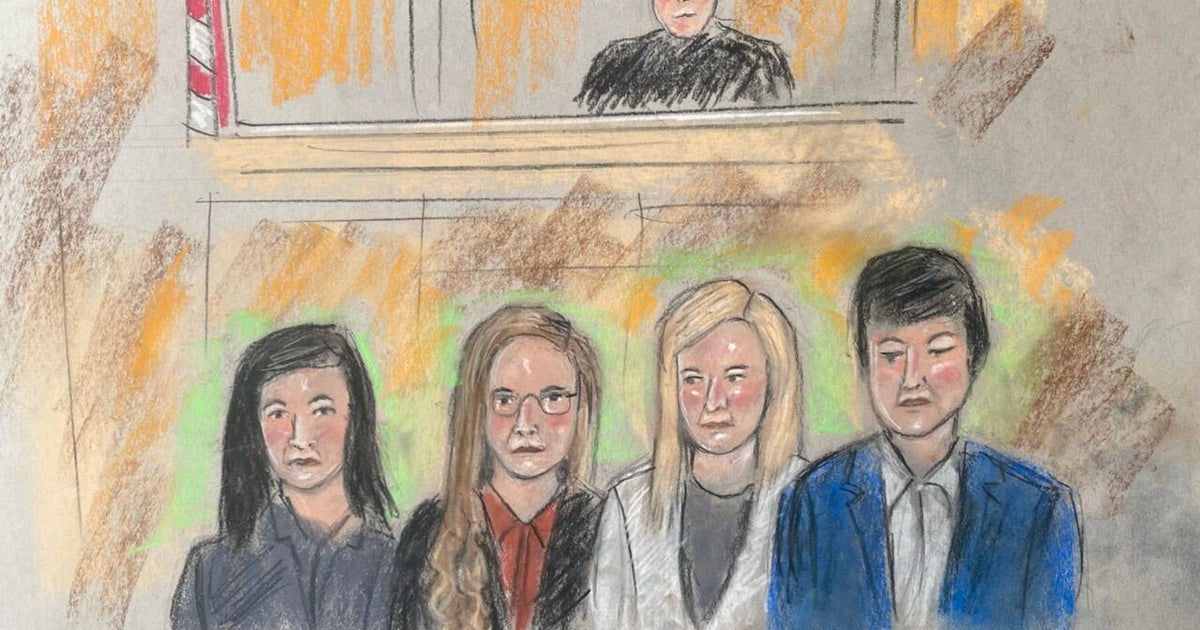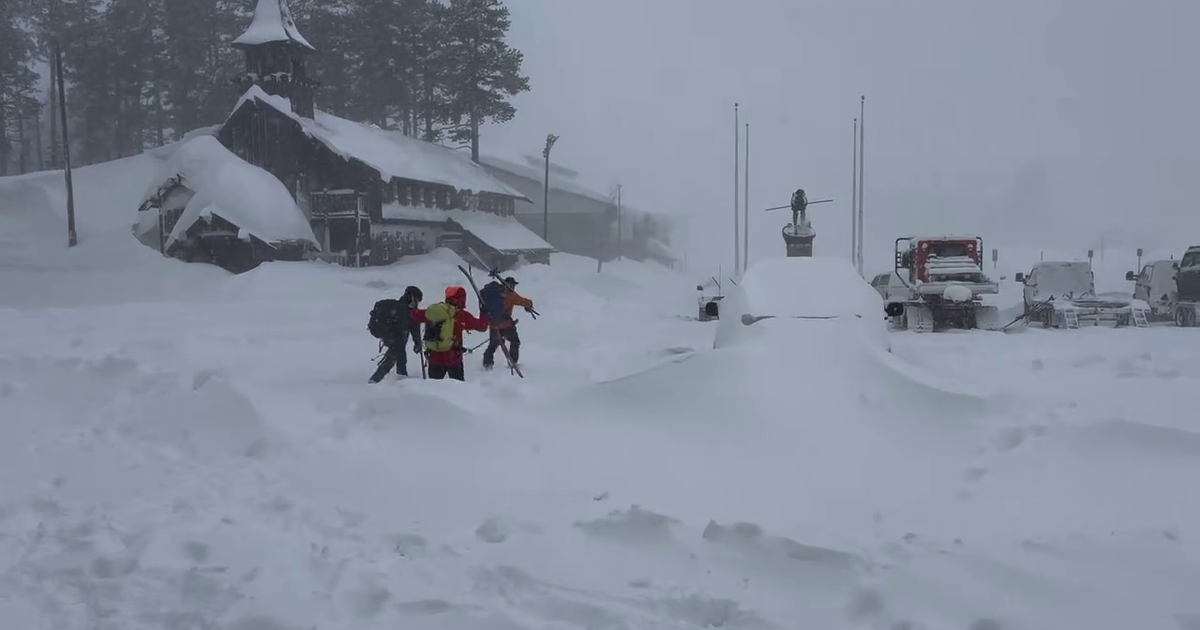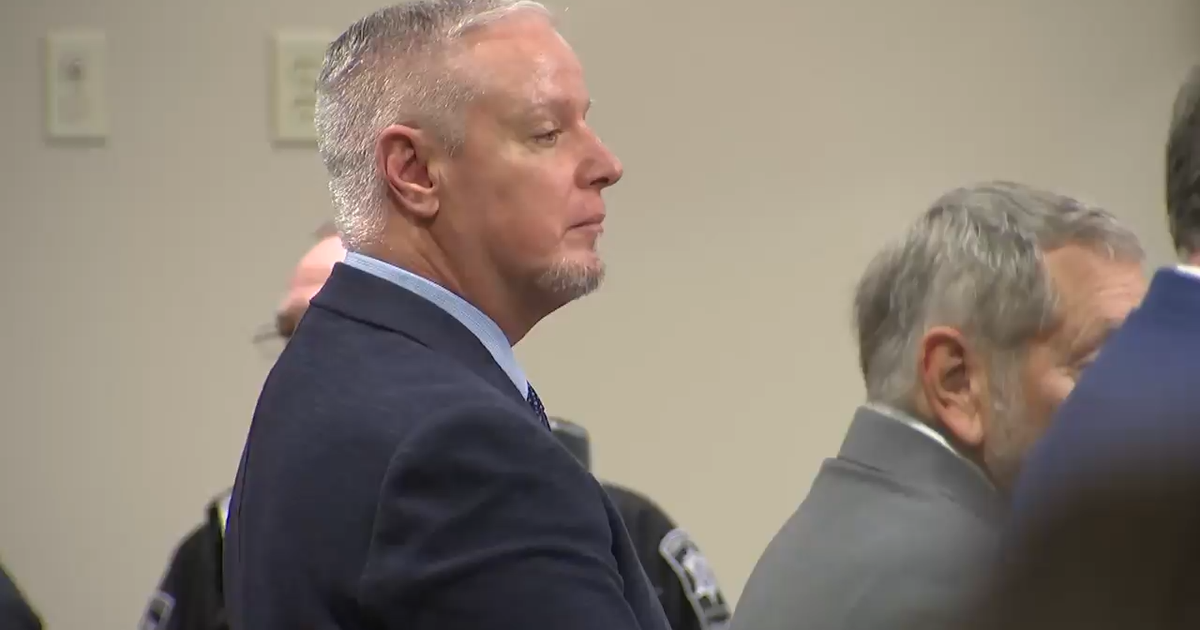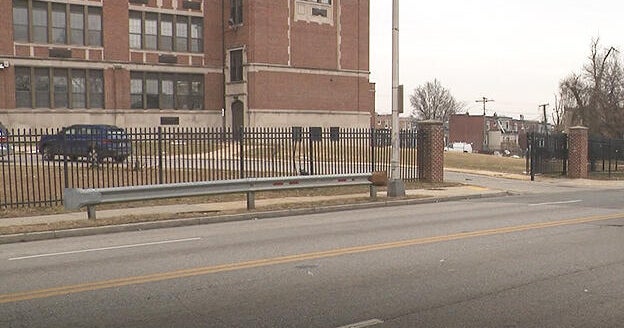Jury In Super Bowl Seating Trial To Hear From NFL Commissioner
Follow CBSDFW.COM: Facebook | Twitter
DALLAS (CBSDFW.COM) - The jury in the Super Bowl seating trial will likely hear from NFL Commissioner Roger Goodell Wednesday.
It's unclear if Goodell will appear before jurors in the courtroom in the Dallas federal courthouse, or if attorneys will play his previously recorded testimony.
Because of the winter storm approaching North Texas, Judge Barbara Lynn said she would end trial proceedings for the day today either by 1:15pm or 3pm.
Proceedings she said will resume 1pm Thursday afternoon. The trial began Monday, more than four years after Super Bowl 45 was held at Cowboys Stadium in Arlington.
Seven fans filed suit against the league because they either didn't have seats or had restricted views.
On Tuesday, the man who oversaw nine Super Bowls for the NFL, including Super Bowl 45, told jurors about all of the behind the scenes problems they had with the seating.
Former NFL Vice-President Frank Supovitz, who acknowledged he was referred to as "Mr. Super Bowl" inside the league, told the jury they had two main problems with the seats.
TEMPORARY SEATING
One major problem involved the temporary seating that had to be added to Cowboys stadium. Supovitz told jurors that officials at Cowboys stadium were responsible for hiring a contractor to build the temporary seats, which had to be installed correctly by January 30, 2011. That didn't happen.
The Super Bowl took place February 6th. During testimony, Supovitz said when the seating wasn't completed January 30th, he called Dallas Cowboys owner & general manager Jerry Jones, and his daughter Charlotte Anderson to express his concern.
Supovitz said he told Jones & Anderson to do all they could to make sure those seats were installed properly.
In addition to the seating contractor, Supovitz said the Cowboys hired additional crews to help build the temporary seats.
The plaintiffs' attorney Michael Avenatti asked Supovitz why the NFL didn't warn ticket holders about the problems.
Supovitz said he thought the issues would be resolved by the time the game began. But that wasn't the case.
Avenatti asked Supovitz about a document in which Avenatti said other executives at the NFL requested more police officers for the Super Bowl to deal with unruly fans who would be unhappy to find out they didn't have seats.
Supovitz said he was unaware of that request. The problems with the temporary seating came to a head on game day.
At noon, Supovitz told jurors he found out that the city of Arlington's building department rejected 2400 seats because they weren't up to code.
Supovitz testified that he delayed the public's entry into the stadium by an hour, so crews could fix as many of the seats as possible.
Crews could only restore 2000 seats, leaving 400 fans without seats.
In addition, Supovitz told jurors an addition 800 temporary seats that were supposed to be built were not. That left a shortage of 1200 seats.
Supovitz said many of the ticket holders were offered other seats.
As is standard for the Super Bowl, Supovitz said the NFL had reserved 300 seats that it didn't sell just in case it had to move fans who complained about their seats.
Supovitz said the league offered seats to 400 fans in the Miller Lite Club on field level where they could watch the game on TV, along with an opportunity to go on the field after the game.
Supovitz said it wasn't meant as a substitute for the seats the fans paid for.
The league had previously reduced the price of 1400 other temporary seats that had restricted views from $900 to $600.
Supovitz said he removed another 108 seats because they weren't appropriate for the Super Bowl.
Under the league's standards, fans had to be able to see from sideline to sideline and from the back of one end zone to the back of the other end zone.
Just before the Super Bowl began, Supovitz sent an email to other NFL executives who asked about stadium attendance.
Avenatti, the plaintiffs' lawyer read Supovitz's email, "With all due respect, do we really want to announce a record attendance at this debacle? Personally, I think it'll look like we put fans through hell to do that."
During testimony Tuesday, Supovitz said the game itself wasn't a debacle, just the situation involving the temporary seating.
Avenatti asked Supovitz if the Cowboys and owner Jerry Jones were to blame for the seating problems, Supovitz said no, and that it was the seating contractor, Seating Solutions, that didn't finish the work.
Supovitz though said that ultimately, it was the NFL's responsibility because it was the league's event.
GUARANTEED SEATING
Another problem surfaced during the summer before the 2011 Super Bowl. In their bid, the North Texas host committee, chaired by former Dallas Cowboys quarterback Roger Staubach, guaranteed to provide 93,221 seats to sell at Cowboys stadium.
That was a lot higher than the minimum of 70,000 seats the NFL required. To reach the higher number, the host committee agreed to pay to add temporary seating in the stadium.
The host committee also agreed to pay the NFL the difference if it couldn't provide all 93,221 seats it guaranteed.
During the summer of 2010, Supovitz said officials at Cowboys stadium notified him about the planned seating for the Super Bowl.
Supovitz says this is when he discovered the stadium was providing 86,792 seats the NFL could sell.
That was 6,429 fewer seats than the North Texas host committee guaranteed.
Supovitz says the Cowboys suggested adding standing room in the suites for 6,429 fans to make up the difference.
Supovitz says Jones approached him, saying he wanted to have more than 100,000 fans attend the Super Bowl, then later said he wanted to break the Super Bowl's attendance record of 103,985.
Supovitz said in November, 2010, he developed a plan to respond to Jones' request to break the attendance record.
He said he came up with 88,900 seats, still far short of the attendance record and even the host committee's guaranteed number of seats.
Supovitz said on game day, the league had sold 89,320 seats, 3,901 short of the amount the North Texas host committee guaranteed.
The Cowboys have declined comment on the trial. Supovitz testified that he didn't believe the seating issues would prevent North Texas from hosting a future Super Bowl.
He left the NFL in June, 2014 to form his own company.
(©2015 CBS Local Media, a division of CBS Radio Inc. All Rights Reserved. This material may not be published, broadcast, rewritten, or redistributed.)







